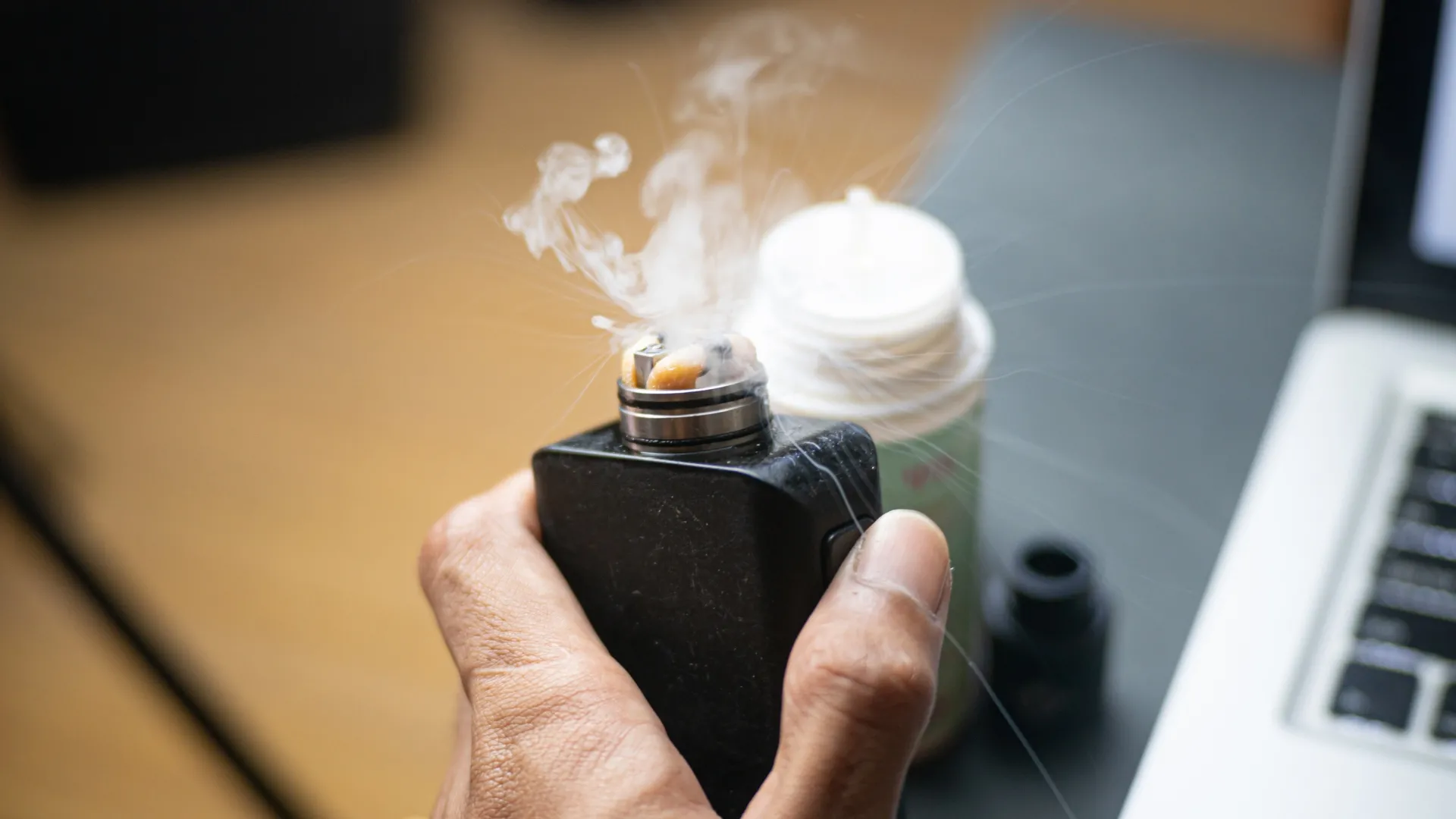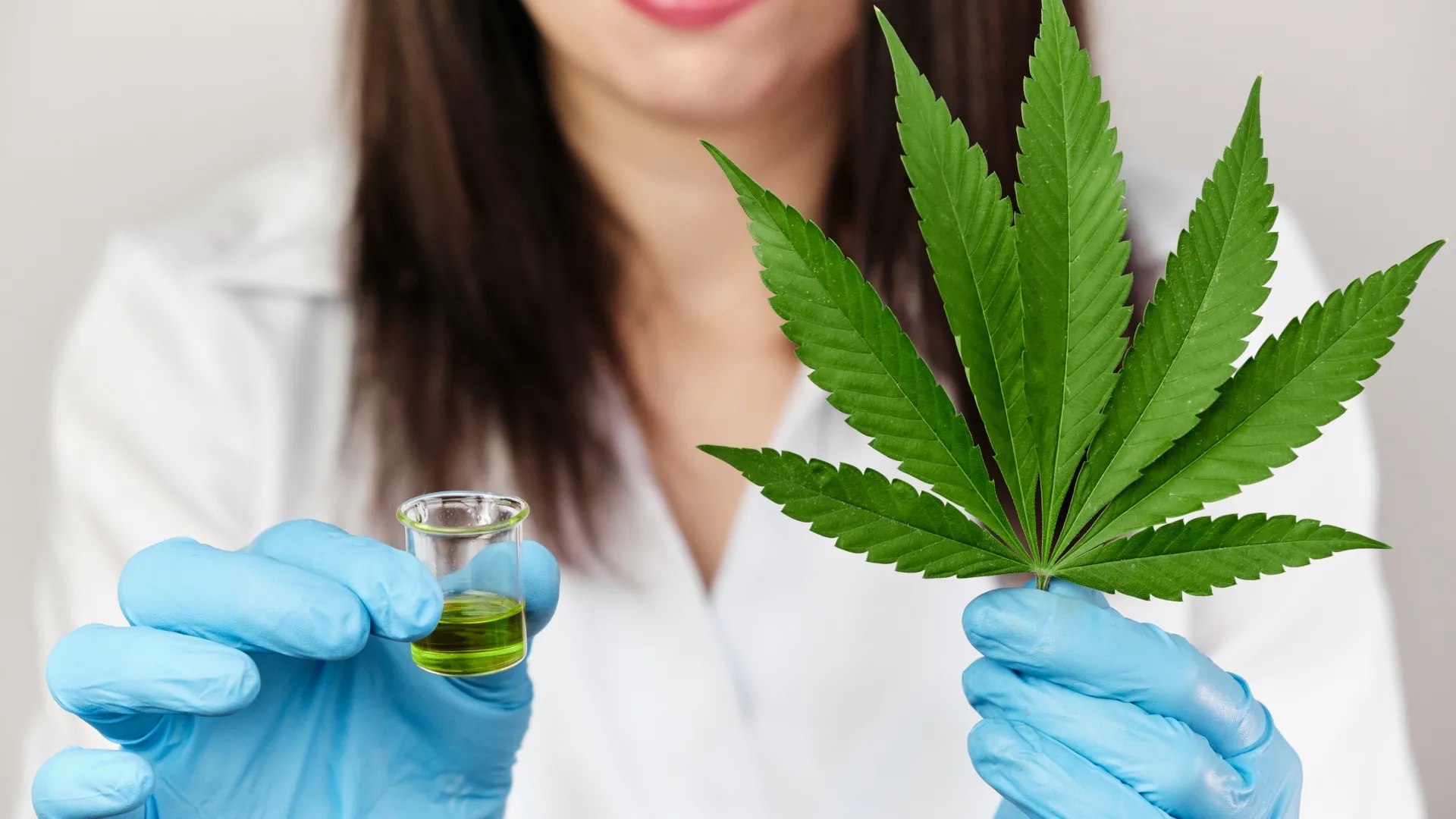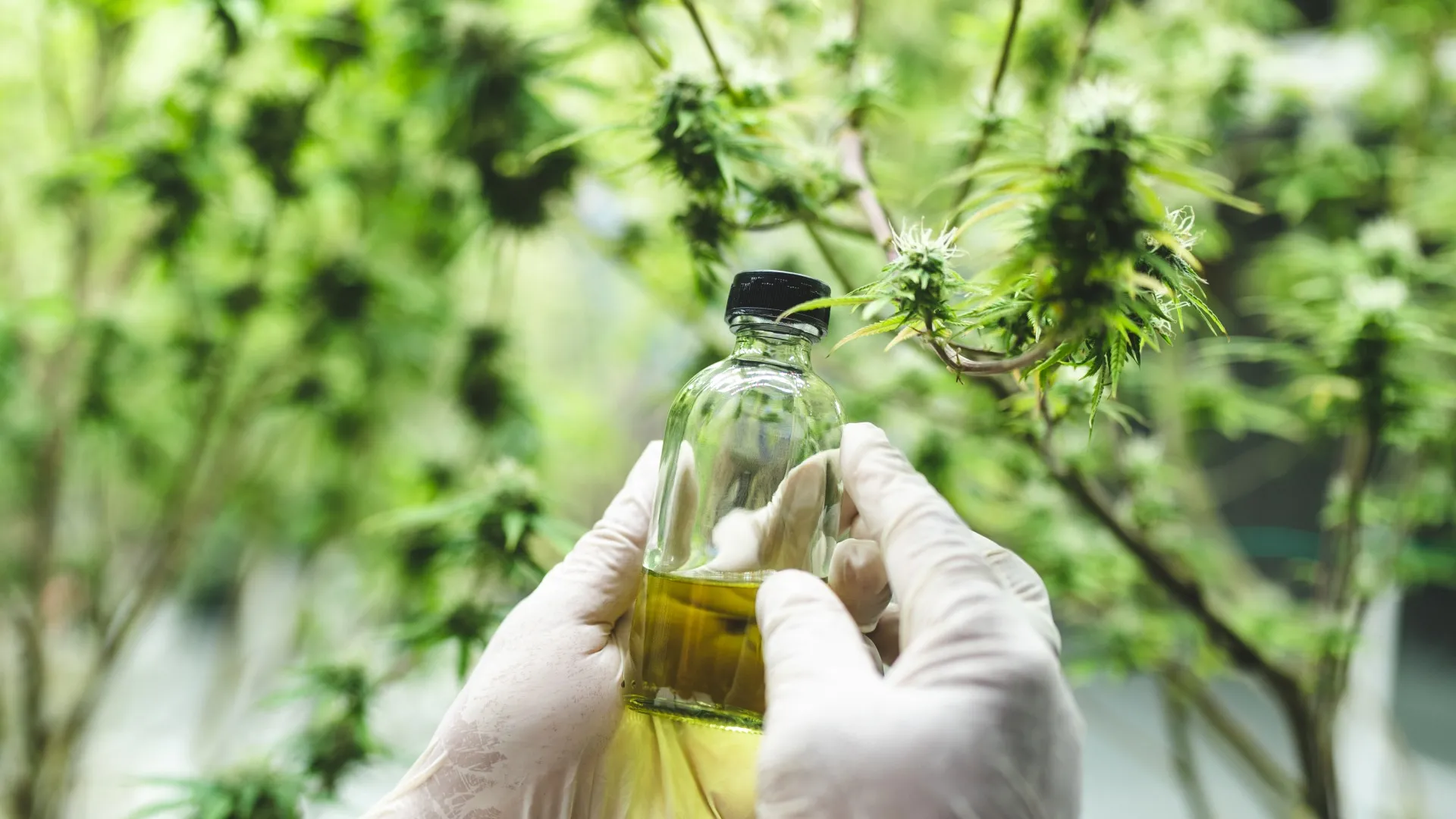Cannabinoid Market has plenty of various compounds and substances if you want to explore cannabis products as a beginner or an experienced person. For example, very few people know that THC is a common term that describes delta-9 and 8 compounds, but both compounds are different.
The other type of compound in the cannabis family is THC-A, which is different from Delta-8 and Delta-9. When this crystallized compound is heated, it converts to delta-9-THC. You may wonder where delta-8 THC comes from. Read the blog to learn more about the differences between these compounds and what they are.
THCA vs. Delta 8: What Are They?
First, let us know about the two compounds THC-A and Delta-8 THC, what they are, and how they are different from each other.
What is Delta-8 THC?
Delta-8-tetrahydrocannabinol is an extract from the marijuana plant, which is a psychoactive cannabinoid. This compound is produced naturally by cannabis plants, but in limited quantities.
What is THCA?
THCA is not as complex as it sounds. It is just an acidic precursor to delta-9 THC. With the maturation of cannabis plants, tetrahydrocannabinol compounds start converting into a non-acidic compound, which is delta-9.
How are THCA and Delta-8 Different From Each Other?
The primary distinction between THCA and Delta-8 THC lies in their respective forms of THC. THCA is an acidic version of THC, whereas delta-8 THC is a non-acidic form. The secondary difference between these two compounds is the effects they deliver. Delta-8 delivers noticeable psychoactive effects, while THCA lacks any noticeable psychoactive effects.
Extraction Process: Delta-8 vs.THCA
Extraction is one of the most important processes in the production of hemp-based products. There are different extraction methods for different cannabinoids, like THCA and Delta-8. Let’s learn about the extraction process of these two cannabis products.
THCA Extraction:
To extract THCA, manufacturers must be careful that the compound is not overheated to preserve the molecular structure of the compound. If THCA is overheated, it will convert into a regular THC compound. Cold extraction methods are almost always used, such as ethanol, CO2, and mechanical extraction. After the extraction process, THCA extract is utilized in various products such as topicals, tinctures, and edibles.
Delta 8 Extraction:
The extraction of Delta-8 is not producing as the plant doesn’t produce enough compound to make other products on a large scale for commercial purposes. But the manufacturers extract CBD first, then convert it to Delta-8 after various steps.
The first step is the extraction of CBD from the hemp plant with the use of a solvent like ethanol or carbon dioxide. After extracting CBD, filter and distill it to remove all impurities.
The next step is isomerization, which converts the CBD into delta-8 THC. An acidic catalyst like hydrochloric acid or sulfuric acid is used in the process. After the addition of a catalyst, the solution is heated and stirred for hours, which causes the CBD molecules to rearrange and Delta-8 THC molecules to form.
A base like sodium hydroxide or potassium hydroxide is used in the neutralization process to remove the remaining acidic catalyst from the mixture. After that, the mixture is further put under the purification process through filtration and distillation.
The Differences in Effect Profiles
The difference in the effects of the two compounds, delta-8 thc and THCA, is as follows:
Effects of THCA:
THCA is an anti-inflammatory and antiemetic agent that relieves conditions like arthritis, multiple sclerosis, and chemotherapy-induced nausea. This compound has neuroprotective properties that play an important role in the treatment of neurological disorders and pain relief.
Consuming this compound raw does not produce any psychoactive effects. Heating and consuming the compound as smoke in a joint or a vape causes it to lose its extra carboxyl group, transforming it into THC. The effect of this compound as a smoke is similar to that of regular high-THC marijuana.
Effects of Delta-8:
A less psychoactive cannabinoid product is delta-8. The mild properties of this compound result in a clearer and more high-quality experience with less anxiety. Recent studies have shown that this compound has anti-inflammatory properties that help with pain relief. However, some studies have also mentioned some powerful effects, like anti-nausea and anti-vomiting.
Safety Considerations and Dosage Comparisons
The consumption of 5 to 50mg of this compound without heating or raw is considerable for therapeutic purposes. The consumption of heated THCA as a smoke converts it to THC, which also changes the dosage. It is important to consult an experienced cannabis doctor for a safe dose.
Delta-8 is consumed as a psychoactive cannabinoid, which can cause dizziness and anxiety. The safest way to consume this compound is to start with a low dose and then gradually increase the dose while monitoring the aftereffects. Consulting a doctor will be best.
Differences in Legality and Availability
THCA and Delta-8 are both legal compounds, according to the 2018 Farm Bill. According to the bill, hemp-based products must contain below 0.3% of THC; only then are they considered legal. The bill applies to 41 states and also includes some other policies based on the surrounding and farming regulations.
Some states have strict rules and regulations regarding the availability of THCA products based on the Farm Bill. Whereas, some states have strictly banned Delta-8 THC products.
Final Thoughts
If you are searching for cannabis products and want to know more about the compounds, read the above blog. The blog consists of clear ideas about THCA and Delta-8 hemp-based cannabis products. It gives you a clear idea of these products, their differences, legality, availability, dosage, and other necessary details.
Frequently Asked Questions (FAQs)
Q. Is Delta 8 Safe for Daily Consumption?
A. Consuming Delta-8 THC regulated by a dispensary is not safe. It is safe to consult a cannabis doctor for consumption details.
Q. THCA Vs Delta 8: Which is Better?
A. THCA does not have psychoactive effects, which does not help you feel intoxicated. So it is better to opt for Delta-8 than THCA.
Q. What are the Advantages of THCA?
A. THCA has neuroprotective properties that protect your brain. It also contains anti-inflammatory properties that slow down the cancer cells, reduce nausea, stimulate appetite, and also provide relief from seizures.
Q. How Do You Use THCA?
A. If you want to use THCA in the best way, then you should go for smoking or dabbing. You can use it in various concentrations, like crystals, diamonds, and sand.
Q. Is THCA an Active Cannabinoid?
A. No, THCA (tetrahydrocannabinolic acid) is not an active cannabinoid. The psychoactive version of the same cannabinoid is THC.



